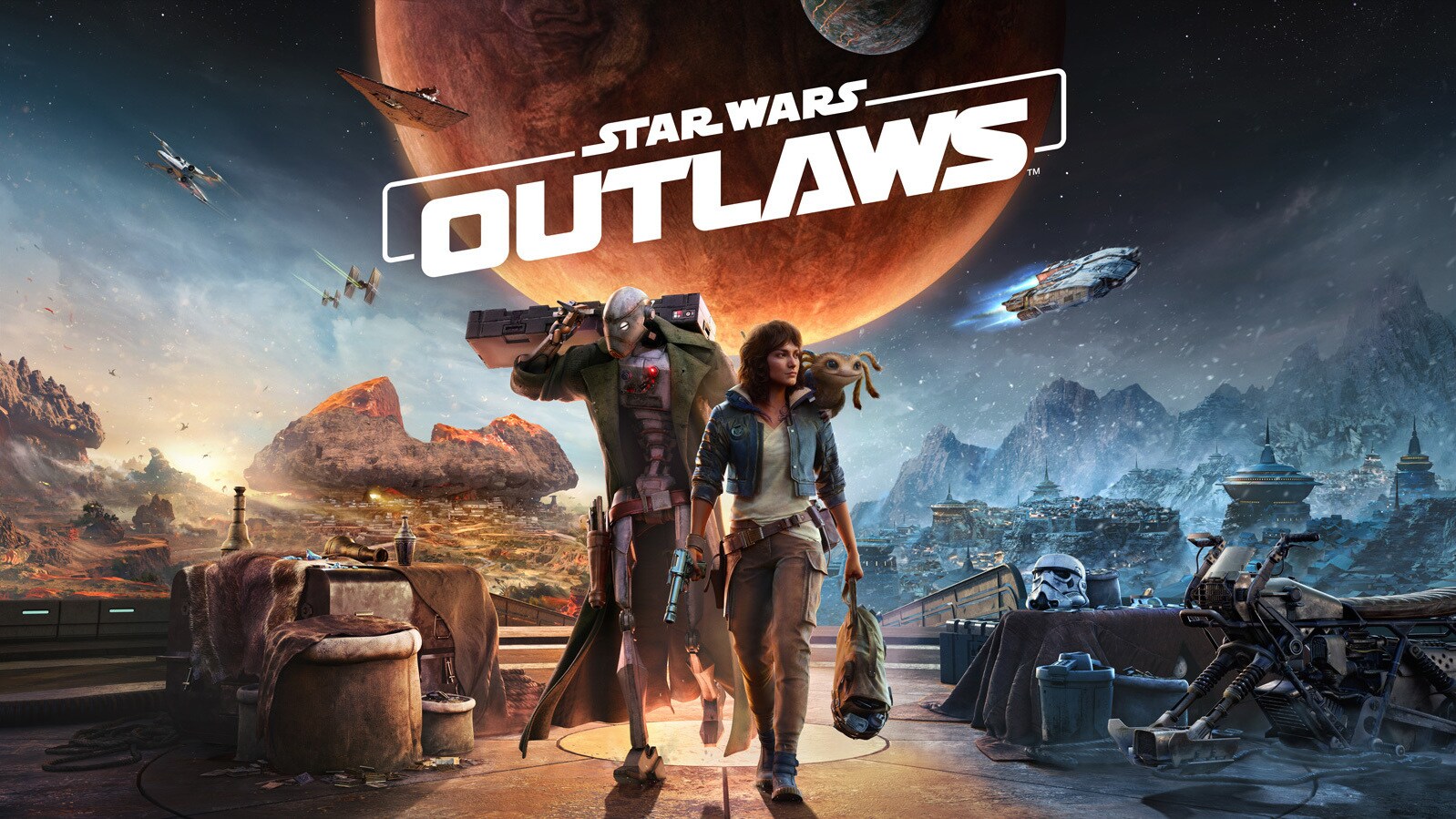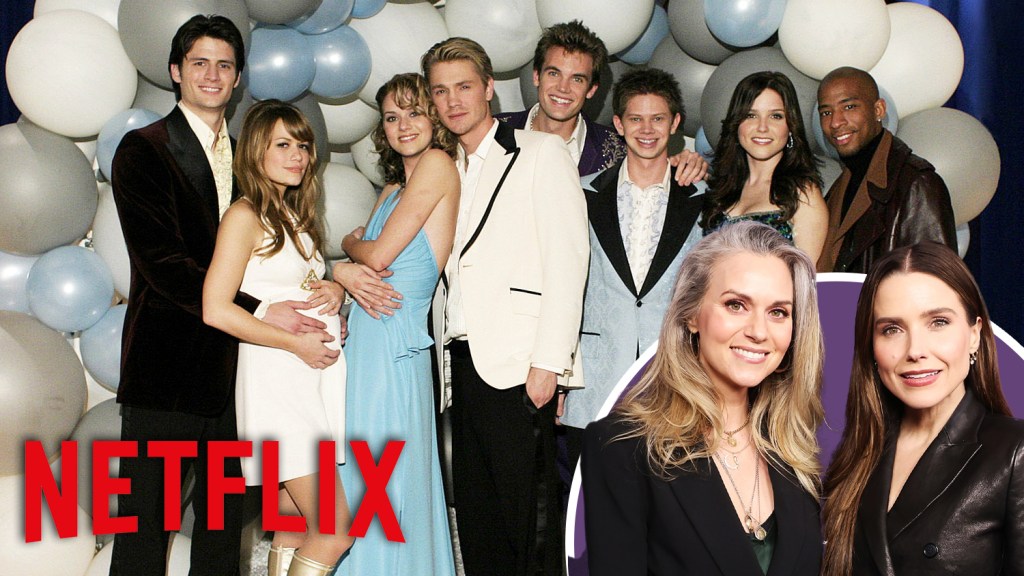Furiosa's Fury: A Mad Max Saga & The Best Post-Apocalyptic Films to Stream

George Miller's *Mad Max
franchise, now boasting five films, has kept the end of the world entertaining for almost half a century. *Furiosa: A Mad Max Saga* (2024), a lavish prequel to 2015's acclaimed *Mad Max: Fury Road*, is now available on streaming platforms. As expected, it's not exactly a cosy watch, set in the familiar scorched wasteland that defined the post-apocalyptic genre.
While the film offers an exhilarating, visually stunning adventure about rising to power in a hopeless world, its reliance on the franchise's established iconography and Anya Taylor-Joy's portrayal of Furiosa, echoing Charlize Theron's powerful performance, somewhat diminishes the shock of the unknown.
The post-apocalyptic landscape, once a source of chilling novelty, is now so familiar that it's increasingly difficult to truly terrify audiences with visions of a dystopian future. John Hillcoat's *The Road
(2009), based on Cormac McCarthy's Pulitzer Prize-winning novel, managed to achieve this, with its hauntingly sparse depiction of a world ravaged by an unspecified catastrophe. The film's world, shrouded in ash and dust, felt chillingly real and tangible.
On the other end of the spectrum, Kevin Costner's *Waterworld
(1995), despite its somewhat pompous storytelling, deserves credit for its prescient eco-consciousness and spectacular rendering of a flooded planet. It's a vision that has stayed with audiences for almost 30 years. That same year, Rachel Talalay's *Tank Girl*, a cult comic-book adaptation, offered a more irreverent take on the post-apocalyptic world, set in a drought-ravaged Australia reminiscent of *Mad Max*, but with a vibrant, fluorescent aesthetic.
Pixar's *WALL-E*, still regarded as their smartest and most beautiful film, envisions a 29th-century Earth as a massive, dehumanised recycling centre, with a lone robot caretaker finding solace in remnants of the past. In contrast, Will Smith's *I Am Legend
(2007) presents a relatively lush, albeit virally destroyed New York City, with Smith as the last human survivor.
*28 Days Later
(2002), though sadly absent from streaming platforms, offered a chilling depiction of a zombie-apocalypse in London, while its sequel, *28 Weeks Later*, is still available. Alfonso Cuarón's *Children of Men* (2006), based on PD James's novel, offers a starkly dystopian vision of a crumbling, war-torn UK on the brink of extinction.
Post-apocalyptic narratives don't always require elaborate sci-fi visuals. Michael Haneke's *Time of the Wolf
(2003) conveys a chilling sense of dread through its minimalism, depicting once-familiar spaces transformed into hostile environments. *Testament* (1983), a starkly despairing indie film released during a period of heightened Cold War tension, uses the familiar setting of American suburbia ravaged by nuclear radiation to bring the post-apocalyptic reality closer to home.
Beyond Furiosa:
The Hypnosis (2023) (Mubi) - This dark satire of corporate self-actualisation culture, directed by Swedish filmmaker Ernst De Geer, is a perfect film for home viewing, allowing you to pause whenever you need to recover from the cringe-inducing antics of a couple driven to extremes by a ghastly app-development convention.
Unicorns (2023) (Signature) - This warm and hopeful film, co-directed by Sally El Hosaini and James Krishna Floyd, follows a single dad who re-examines his identity and desires when he falls for a drag queen. The film's messaging may be a little blunt at times, but its heartwarming and likable narrative will leave you feeling optimistic.





